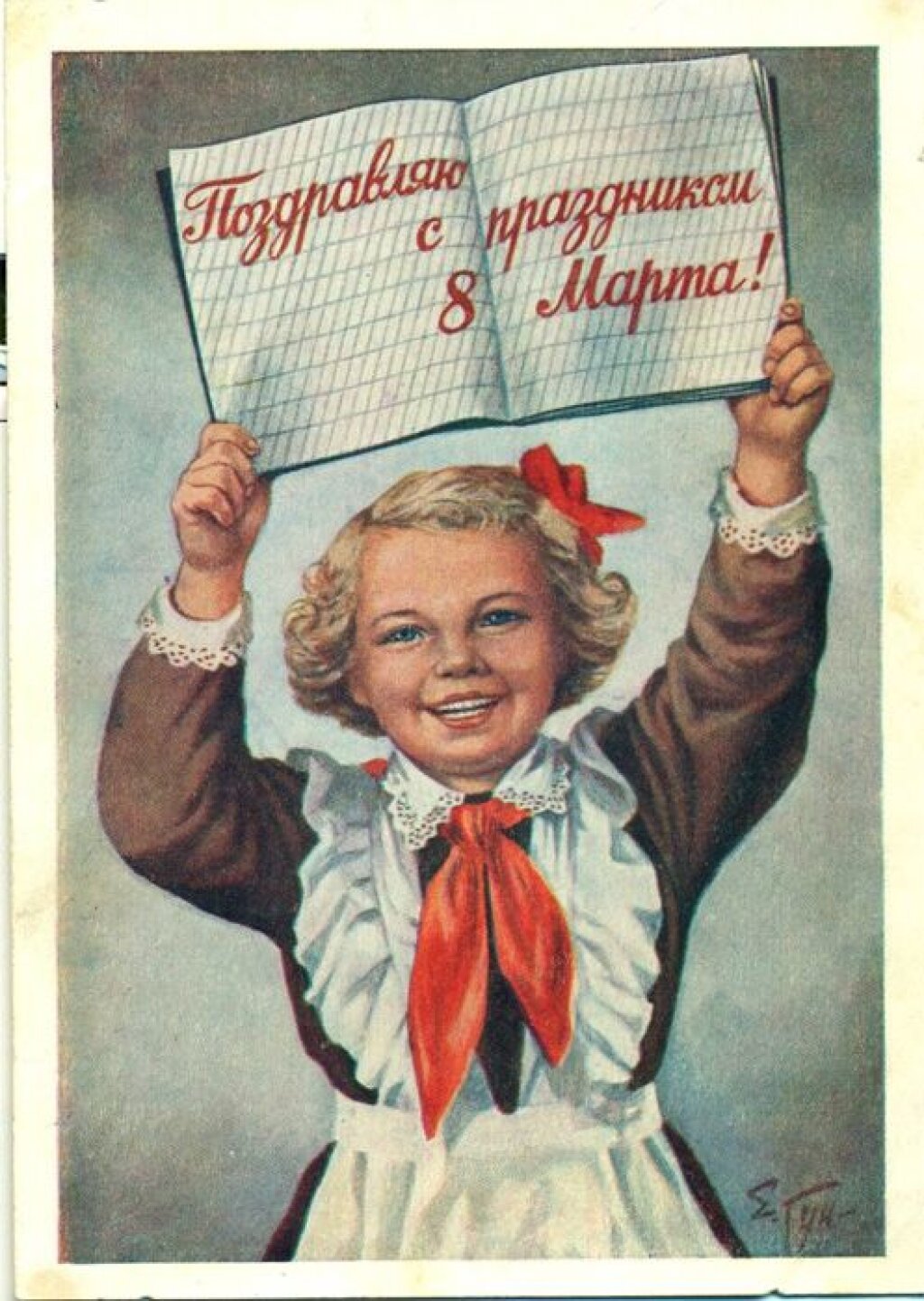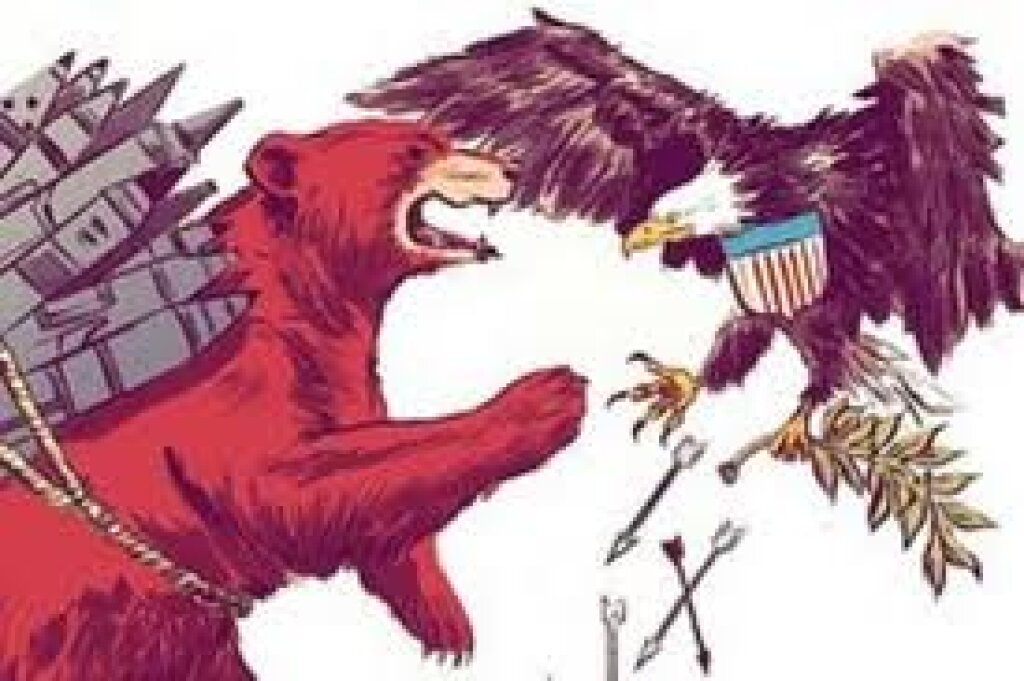Editor's Note: This week, All the Russias will be running a series of excerpts from Emil Draitser's new novel, Farewell, Mama Odessa, out this month from Northwestern University Press. The novel is set in 1979, at the height of the Soviet Jewry movement in America and worldwide. This is Part II of a four-part series; Part I may be found here.
Emil Draitser is an author and professor emeritus of Russian at Hunter College in New York City.
“Survivor’s Guilt,” Part II
It wasn’t Si’s first choice to get involved personally. He tried to engage the local Jewish Federation Council. But they told him not to rock the boat because the American government was seeking a rapprochement with the Soviet Union. That is, they tried to pacify the beast with some trade favors and small talk.
Being both a scholar and a victim of history, Si knew to appease an aggressor never worked. His inspiration for getting personally involved in the fight came from one Jacob Birnbaum. Back in the spring of 1964, the man single-handedly launched a campaign on our behalf. I saw the man’s picture in a paper. A tall guy in his late thirties, he sports a goatee. They photographed him wearing a Russian-style winter fur hat, the one with ear-flaps, you know . . . I guess he wore it on purpose—to make it clear who he was fighting against: the country abusing human rights.
Jacob is a German Jew. I read his biography in the paper. Shortly after the Nazis came to power, they attacked his father in the street. Then, a bunch of German boys caught six-year-old Jacob and stuffed his mouth with dirt. His family managed to leave the country before it was too late.
“I bet that’s when it all started for him,” Si shook his head when I asked him about Jacob. “How could someone forget such a thing! His childhood memories had made him swear to himself he’d never be silent regarding injustice.”
After the war, Jacob’s family migrated to America. He studied at the Yeshiva University in New York. One day, in the spring of 1964, he walked down the corridors of his dormitory and banged on the doors, urging his classmates to get into the streets to resist the treatment of Soviet Jews.
“Well,” Si’s eyes glistened with delight, “could you imagine, Ilya? In a few days, a thousand students gathered in front of the Soviet U.N. Mission. Jacob’s office was his dormitory bedroom.”
Soon, Si followed in Jacob’s footsteps. First on his own, then together with his friend, Zev Yaroslavsky, a UCLA student who also had Russian roots. Zev had visited his relatives in the Soviet Union a year before and came back to the States, horrified at what he learned during his visit.
These guys threw themselves into action. They hardly went unnoticed; they weren’t small fries by any measure. If Si stood six-foot tall, Zev was a good five inches taller and a few pounds heavier. It wasn’t their appearance that brought them to the attention of the police.
First, Si and Zev got involved in run-of-the-mill demonstrations. They burned Soviet flags in public. They protested against travel agents that promoted trips to the USSR. They picketed Soviet athletes who came to L.A. for a field and track competition in the Coliseum stadium. . . . When a Soviet freighter arrived in the Port of Los Angeles, the guys rented a motorboat and headed out to the ship. They planned to paint let soviet jews go! on the side of the vessel. But how could they stay in place when they cut the motorboat’s engine? Si solved the problem by mooring their boat to the freighter with nothing other than a toilet plunger.
When the Bolshoi Ballet came to town, Si and Zev printed their own playbills and, at the theater entrance, handed them to the theatergoers. Below the ballet cast of Sleeping Beauty, they put a note. It called the public not to ignore the fact that the country capable of producing such an enchanting spectacle was also capable of treating its Jews as second-rate citizens.
The police duly arrested the pair.
Copyright © 2020 by Northwestern University Press. Published 2020. All rights reserved.



